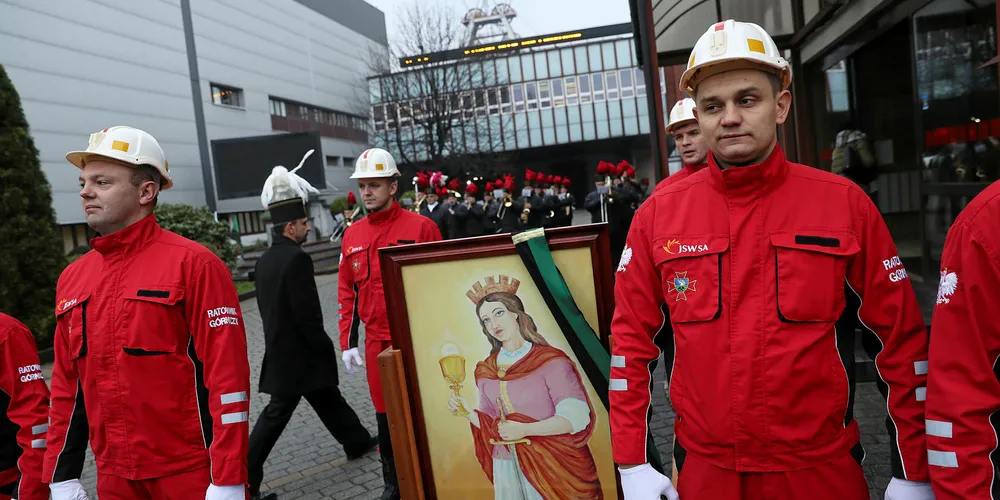Will German stinginess and Polish blackmail wreck €1trn EU Green Deal?
Germany is resisting fresh money for the ‘just transition’ while Poland wants others to pay for own climate shortcomings

Germany is resisting fresh money for the ‘just transition’ while Poland wants others to pay for own climate shortcomings
